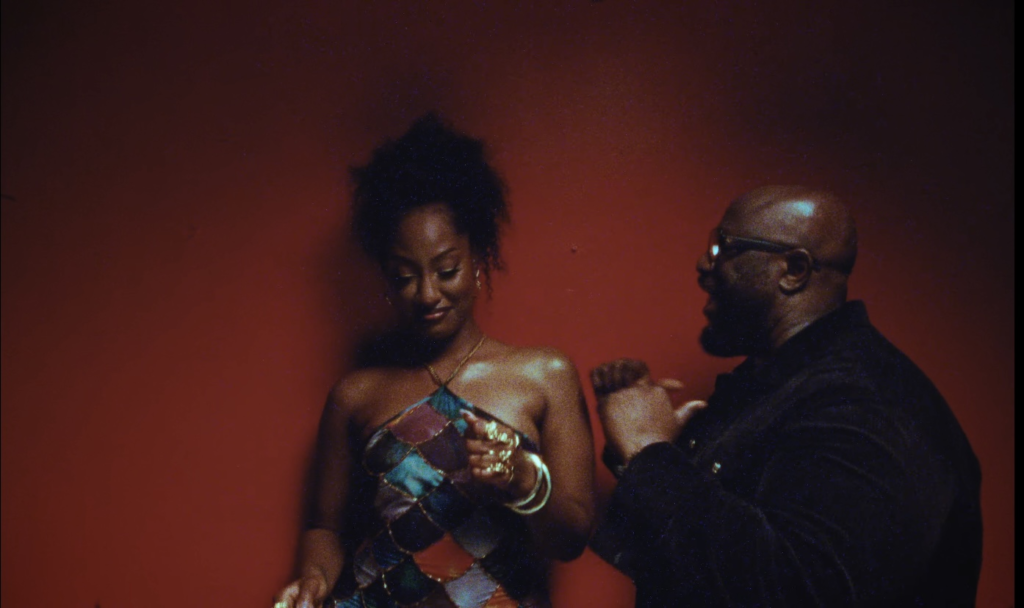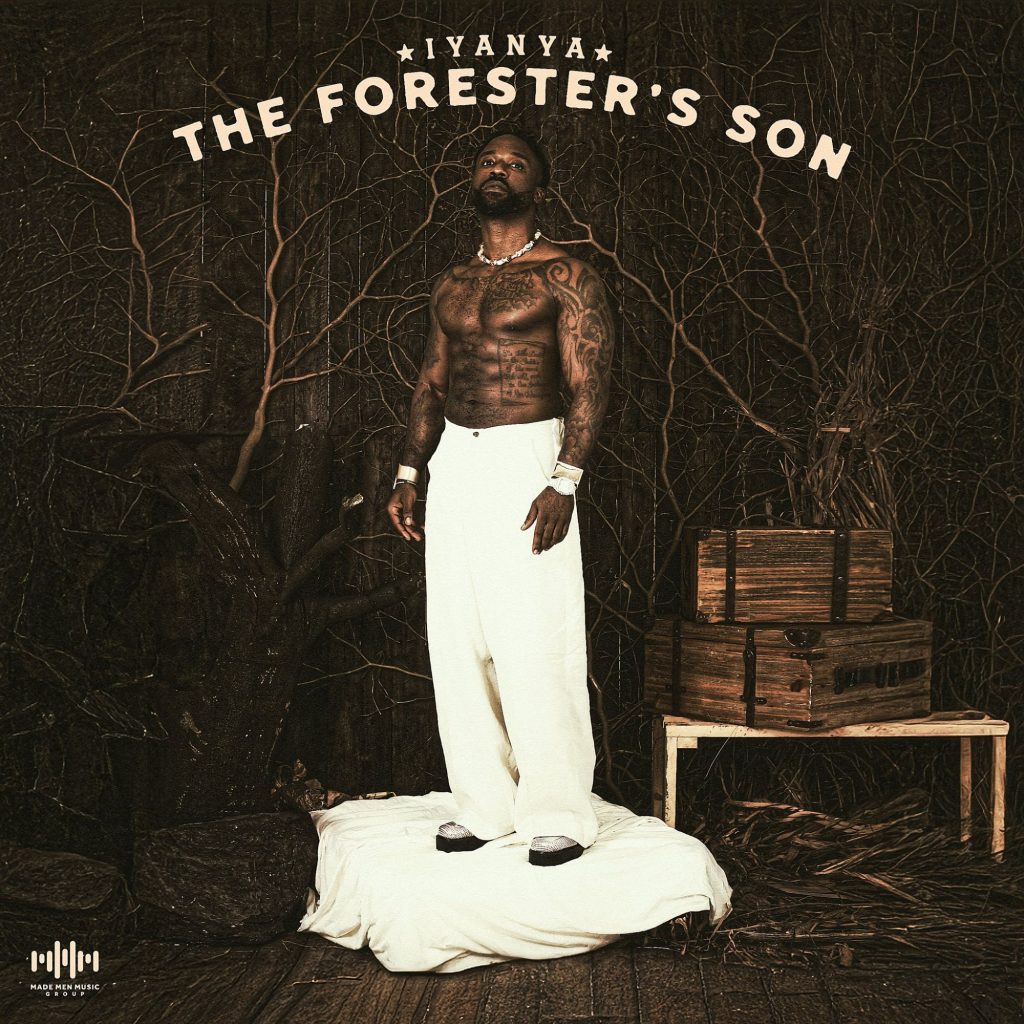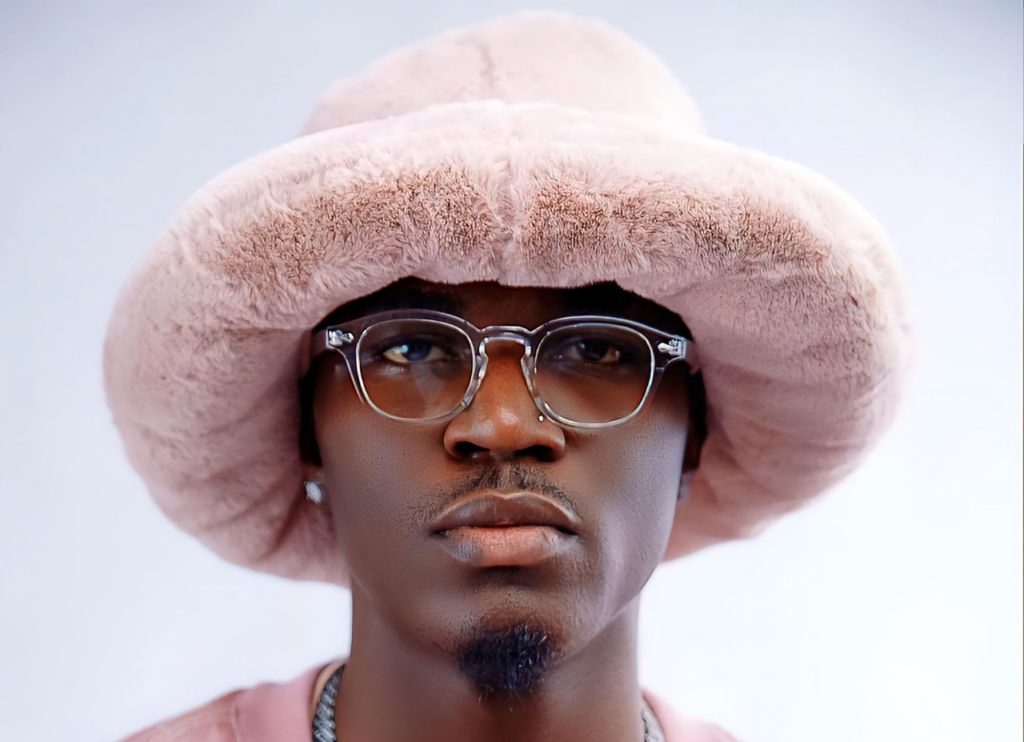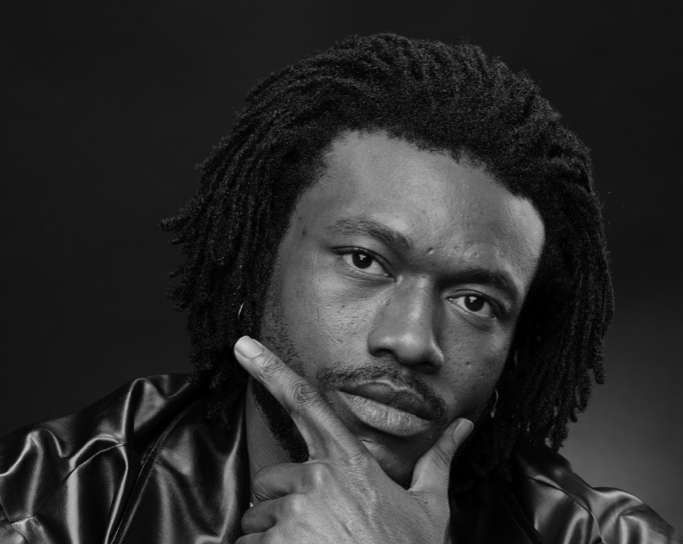It’s a well established phenomenon that real life imitates art, as it’s from personal and second-hand experiences, that inspiration for art stems from. Therefore the distinction of various art forms lies in the artist’s mode of expression, ability to translate said form of muse into something resonant and their overall execution that determines the efficacy of their suspension of disbelief.

However, it’s also well known fact that art imitates art. In the sense that, there is probably no new original idea anywhere. No matter the state of transcendence that an artist conceived a concept or story, it’s very likely there is some detail or influence that can be traced back to something dominant in the past. In simple terms, past art influences and inspires current art. From cinema to literature and of course, music.
2024 has been a real interesting year, so far. Despite a quite slow start to the year, things seem to be picking up with some consistent releases of great music, most notably—in this writer’s opinion—from underground and upcoming acts. One detail that has stood out like a sore thumb though, is how excited our artists have been when taking a stroll down nostalgia lane. It’s a no brainer, as the music seems to have hit a stalemate earlier this year after a 2-year old on and off again relationship with Amapiano. As the South-African house subgenre, gradually gets divorced from our mainstream pop sound, our artists are finding reprieve in revisiting old classics for inspiration.
We’ll kick off with the most recent example and perhaps the most controversial. ID Cabasa recently released an Olufunmi Reimagined song, which is a remake of the original R&B classic record by Styl-Plus. On the song, he enlists the help of Fireboy DML and Joeboy—2 popstars who frequently dabble and excel with R&B fusion—BOJ, an alte OG with one of the most unique vocals and ODUMODUBLVCK, the frontrunner of Nigeria’s current Hip-Hop scene.
Of course, the inclusion of the first duo seemed appropriate and even generated serious excitement as fans of both artists have been clamoring for both to release a collaboration, as a result of how similar both artist’s sonic profiles in the sense of the soundscapes they tread, yet distinct in how they approach said genres. BOJ was an inclusion for the sake of range, whilst ODUMODUBLVCK was always an iffy decision. When the song eventually came out, a lot of outrage ensued.

This writer is of the opinion that a lot of the outrage is misguided. Yes, in a way the crass nature of ODUMODUBLVCK’S lyrics does detract from the spirit of the OG version, but this pop version is clearly not trying to be an R&B record. It’s more uptempo, with a more visceral and energetic beat and bounce. Also, sonically it’s not in anyway bad. All the guest performances are competent—yes, including ODUMODUBLVCK’S—and the production is also very solid. Indeed, ODUMODUBLVCK has a perchance for incessant “daggering” but he doesn’t deviate off topic. In his own crude, vulgar way that’s true to his artistry—he’s only emphasizing the lengths he would go for his woman.
On a more better received record, Adekunle Gold samples Haruna Ishola’s Opon Apala Ti Sun on his most recent single, Rodo. It’s arguably one of the best pop songs released this year, so far and its very impressive in the way that AG manages to do something dynamic and fresh with the song, whilst still retaining the originality of its inspiration. This sentiment was expressed by critics and fans alike and sadly, the inverse case for the reception of the Olufunmi re-imagination.
Tekno is another popstar that has hopped on this recent sample train of old classics. Although he’s no stranger to the tides of sampling old classics, as his sophomore album contains a slew of them, however his recent choice of Prince Nico Mbarga’s hit record, “Sweet Mother” is a strongly nostalgic one that would instantly win hearts over, irrespective of his execution on the song. And kudos to him, he managed to turn back time to the classic Tekno sound without necessarily sounding outdated.
Keys the Prince also released a song titled, Left Right back in February that pays homage to legendary traditional music singer, Yinka Ayefele. The gospel artist even posted a video of him vibing to the record on Instagram, showing Keys love and inadvertently giving his blessing. There is also Ruger x BNXN, who didn’t exactly sample any classic, but nonetheless interpolated an iconic Nursery rhyme song on POE to feed into the same nostalgic train. Even Johnny Drille who is one of the farthest artists away from mainstream aspirations, also dabbled in these waters and tapped into the momentum that everyone seems to be reaping from on his new song, Palava where he interpolated Stereoman’s Sample Ekwe.
Of course, there is Tems who sampled 2 African classics on her debut album. Love Me Jeje is already the most streamed NG song out in 2024 and it samples Seyi Sodimu’s classic of the same name. Wickedest also samples Magic System’s Premier Gaou. Both songs are huge fan favorites of the album and one can’t discount the fact, that their heritage has a part to play in that.

Other notable examples of this concept in recent times include, Pheelz sampling Adewale Ayuba’s Ijo Fuji on Majo off his new EP, Pabrymo & Zlatan sampling Sis Gloria’s We Are In Battle on In Battle, Seyi Vibez sampling Haruna Ishola’s Opon Apala Ti Sun on Apala Interlude, Simi sampling Ebenezer Obey’s Gbo Te Mi on Jowo, Shallipopi sampling Pa Monday Edo’s Ovonramwen n’ Ogbaisi on Obapluto and Jeriq & Psycho YP sampling Wizkid’s Azonto on No Stylist.
As the new sonic soundscape starts to take form in traditional roots and genres, as evidenced by genres like Fuji, Apala and Tungba—making an intentional comeback in our mainstream bops, it would seem nostalgic hits of the pass wouldn’t be left behind and would also be rinsed for inspiration. We can only hope that justice is done to these beloved classics and not performances that would taint their legacy.





